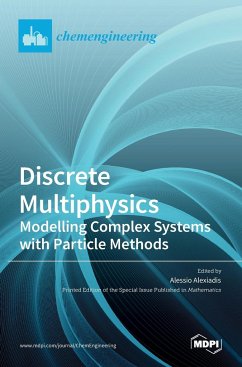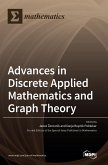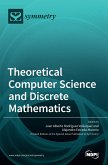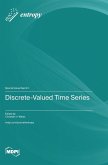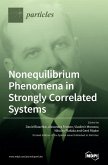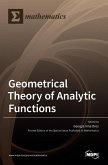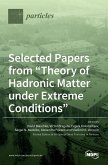Particle methods have proven their versatility and effectiveness in a variety of applications, ranging from the modelling of molecules to the simulation of galaxies. Their power is amplified when they are coupled within a discrete multiphysics framework. Moreover, particle methods also couple extremely well (better than mesh-based algorithms) with artificial neural networks, as recent studies on deep multiphysics show. This book collects studies that highlight the power of particle methods in addressing multiphysics problems (including multiphase and complex flows). It targets methods such as smoothed particle hydrodynamics (SPH), the lattice spring model (LSM) or the discrete element method (DEM), and applications ranging from cavitation to cardiovascular flows. One of the reasons for looking at particle methods as members of the same family is that they all follow a very similar algorithm. This circumstance has two consequences: (i) it is straightforward to couple particle methods together, and (ii) it is relatively easy to learn a new particle method if you are already familiar with another one. Therefore, in this book, emphasis was placed on exploring the potential of coupling different particle methods, but also on material that is useful to researchers familiar with a specific particle method, who wish to expand their horizons. Consideration was also given to the 'tricks of the trade' of particle methods: i.e., rules of good practice that researchers with years of experience have developed, which are not normally found in the open literature.
Hinweis: Dieser Artikel kann nur an eine deutsche Lieferadresse ausgeliefert werden.
Hinweis: Dieser Artikel kann nur an eine deutsche Lieferadresse ausgeliefert werden.

